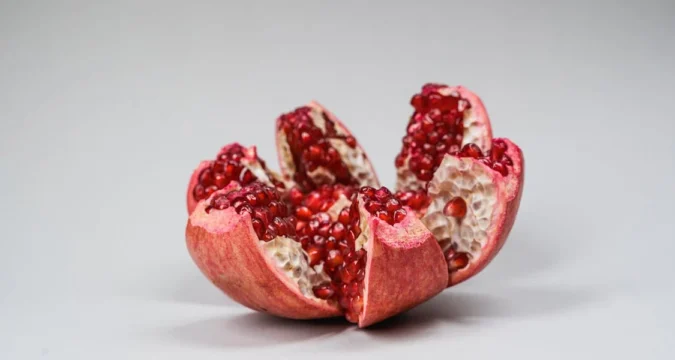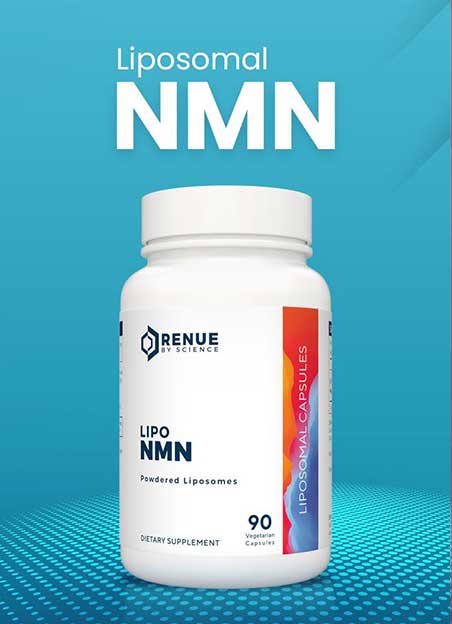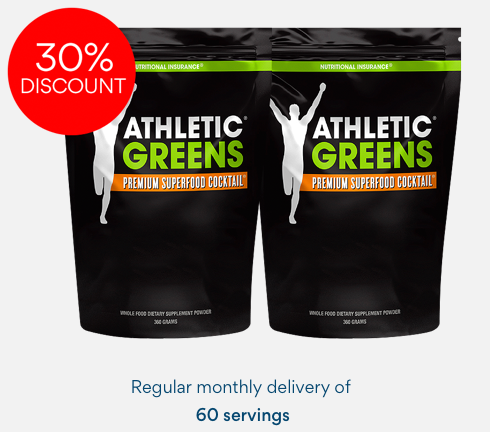
Urolithin A might not be a household name, but it’s quickly gaining attention in the health world—for good reason. This naturally occurring compound is made in your gut (yes, your gut!) and plays a key role in how your body ages, functions, and stays energized. If you’re interested in aging well, maintaining energy, and supporting brain and cellular health, the growing list of urolithin A benefits makes it well worth knowing about.
Let’s break it all down—what it is, how it works, where it comes from, and what the science says so far.
First Things First: What Exactly Is Urolithin A?
Urolithin A is a compound that forms in your body thanks to your gut bacteria. When you eat foods high in polyphenols—especially ellagitannins and ellagic acid—your digestive system gets to work. These plant compounds are transformed by specific gut microbes into urolithin A. What makes urolithin A unique is that not everyone can make it naturally. It’s produced in the colon, but only if your gut has the right kind of bacteria. Some people don’t have those bacteria, so they may not produce any urolithin A at all.
Scientists have been studying urolithin A for over 15 years, and the interest keeps growing—especially as we learn more about its role in aging and cellular health.
Here’s the Unique Part
Unlike vitamins or nutrients you get directly from food, urolithin A isn’t found in any food source on its own. It’s only produced after your body breaks down certain polyphenols—and only if you’ve got the right gut bacteria. For people who can’t make it naturally, urolithin A supplements are an option. They can also help those who do produce it but may not generate enough—especially with age.
What Foods Help Your Body Make Urolithin A?
Urolithin A starts with polyphenols, which are found in many plant-based foods. Two types—ellagitannins and ellagic acid—are key for urolithin A production. Some top food sources include:
-
Pomegranates
-
Strawberries
-
Blackberries
-
Walnuts
-
Pistachios
-
Pecans
-
Chestnuts
-
Camu-Camu berries
-
Brewed tea
When you eat these, some polyphenols are absorbed in your small intestine. The rest travel to your colon, where gut bacteria step in and start converting them into compounds like urolithin A—if your microbiome is equipped to do so.
How Urolithin A Benefits the Body
Urolithin A has been studied in everything from worms and mice to human cells—and the results suggest it could benefit multiple systems in the body. Let’s look at what the science says.
1. It Supports Healthy Mitochondria Through Mitophagy
Mitophagy is one of the most important cellular clean-up processes. As your cells go through life cycles, mitochondria wear out or get damaged. For cells to stay healthy, these old mitochondria need to be replaced. But as we age, this process slows down. Damaged mitochondria begin to build up, which subsequently leads to increased inflammation and decreased energy. This can impact everything from muscle strength to overall vitality.
The image above shows the changes in metabolic profiles and how metabotypes experience changes with age. It shows that, as age progresses, a person’s metabolic profile changes significantly.
Urolithin A has proven itself to be significant in maintaining energy, even as the person ages. In a study conducted in 2016, the authors concluded that urolithin A increased lifespan when given to worms and muscle function when given to aged mice.
Having said that, a lot of questions surrounding urolithin A are still unanswered. It is still unknown whether urolithin A helps people whose diet does not include enough ellagitannin and ellagic acid. Further research is needed to be done to determine how urolithin A helps people with different metabolic profiles.
2. It May Help Protect Your Brain from Cognitive Decline
Urolithin A has also been shown to reduce brain inflammation—a key factor in diseases like Parkinson’s and Alzheimer’s. In one lab study, researchers gave mice a toxin (rotenone) to mimic Parkinson’s symptoms. Then, they treated the mice with pomegranate juice, which is rich in urolithin A precursors. Researchers saw that the mice showed significant protection against neurological damage. Their mitochondria functioned better, harmful protein buildup was reduced, and their brains were less affected by oxidative stress.
Another study suggested pomegranate compounds might also help protect the brain against Alzheimer’s, so, all things considered, urolithin A is a promising candidate for further neurological research.
3. It Has Strong Anti-Inflammatory Potential
A 2021 meta-study looked at how urolithin A affects inflammation—and the results were impressive. In various animal studies, it reduced inflammation in multiple parts of the body, including the brain, kidneys, fat tissue, and heart. They do this by improving mitochondrial performance, reducing reactive oxygen species (ROS), decreasing inflammatory signaling (like cytokines), and promoting cellular clean-up processes like autophagy.
These findings suggest urolithin A could be useful in managing or preventing chronic inflammation-related conditions. As of now, though, more human studies are needed to fully understand its effects.
4. It Shows Promise as an Anti-Aging Supplement
Because it helps clean up and support mitochondria—and reduces inflammation—urolithin A is being explored as a possible anti-aging tool. Mitochondrial dysfunction and chronic inflammation are two major hallmarks of aging. Urolithin A targets both, which makes it an exciting area of research.
Even so, the evidence is still emerging. While studies in animals and lab models are promising, more high-quality human studies are needed to understand how much of a difference it can make long-term.
Urolithin A FAQs
Let’s tackle a few common questions people have about this compound.
Is Urolithin A Safe to Take?
So far, human studies haven’t reported any noticeable side effects from urolithin A supplements. Still, it’s always smart to check with a doctor before starting any supplement—especially if you’re pregnant, nursing, or have underlying health conditions.
How Much Should I Take?
The FDA considers Urolithin A safe for use in supplements at doses ranging from 250 mg to 1,000 mg (1 gram) per serving. The right dose for you depends on your diet, your health goals, and whether you naturally produce it.
Can You Take It While Pregnant or Breastfeeding?
There haven’t been any specific human studies on urolithin A during pregnancy or breastfeeding. Until more data is available, it’s best to play it safe and avoid it during these times unless your healthcare provider gives the green light.








